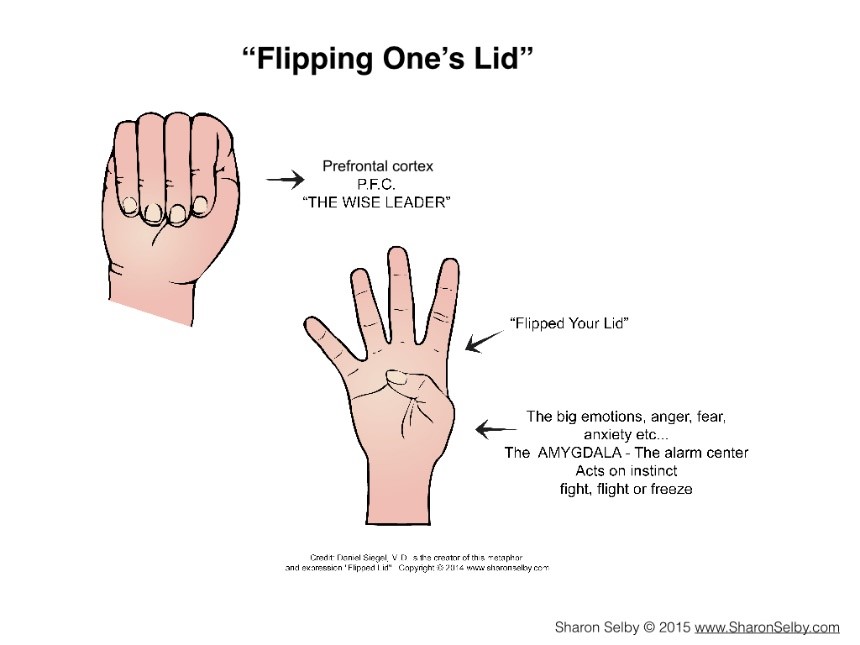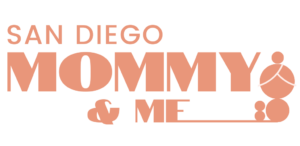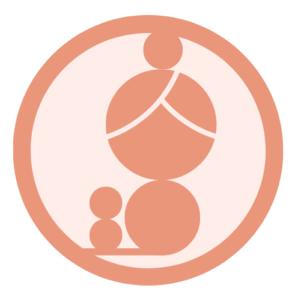
Understanding the roles of the Lower and Upper brain is a useful filter; however. understanding the relationship between the upper and lower brain is a critical tool.
Quick Brain Review:
As a parent, for the first 0-3 months, you are primarily responding to the lower brain (i.e impulses, reactions, pure emotions). Around, 4+ months you’ll begin to notice more and more upper brain activity (bits and pieces of their personality shining through), BUT you still regularly spend time responding to the lower brain for the next 3-4 years.
Relationship Between the Upper and Lower Brain
If the lower brain is triggered enough (i.e. hungry, tired, lonely, scared, etc.) it takes control (i.e., Fight, flight, freeze) and the upper brain goes offline (read = all reaction, no thinking). (More insight and deets on this HERE)
What does this mean? No matter how developed, mature, or skilled your little’s (or your) brain is, if the lower brain is under too much stress it will interpret this as a threat and go into survival mode. As a parent, being able to assess/identify when your little is in their lower brain will, in turn, help you understand their behavior and select your response

Do you work better with pictures?
I know I do, so let’s take a look at this picture of the hand to the right.
If you image your baby’s brain as a closed fist, the upper brain (prefrontal cortex) would be your four fingers, and the lower brain would be your thumb and upper wrist.
When the lower brain is triggered enough it takes over and POP! You “flip your lid” and lose access to all the helpful and good stuff the upper brain has to offer.
Important Parenting Takeaways
Understanding and Empathy:
The lower brain can be triggered to take over in response to a real or perceived threat; such as an unmet need, strong emotional experience, or high levels of stress. The more immature the brain is, the easier it perceives a threat. This explains many of the seemingly irrational behaviors/emotions that can be frustrating as a parent.
Click HERE to better understand what Flipping Your Lid feels like
Direction and Goal:
Once the upper brain has “flipped,” the lower brain must be “soothed” before the upper brain can back online. This is important as attempts to communicate with and/or parent your little will fail if the lower brain is not first soothed. As a parent, you will initially function as the soother of your little’s lower brain. Your job will consist of meeting the lower brains needs and providing the lower brain with a sense of safety. Specific tools HERE.
Patience and Hope:
As the upper brain matures, it will learn from you how to better assess “threat” and it will begin to sooth and self-regulate itself. This is where all your hard work begins to pay off. Virtual high five!
IMPORTANT NOTE: Throughout life, the lower brain can be “triggered” to take over (great for survival, not so great for non-life-threatening situations). Regardless of your child’s age, being mindful and always assess for if your child’s (or teen’s) lid has flipped, is key in knowing how to effectively respond as a parent.
More insight and deets HERE

